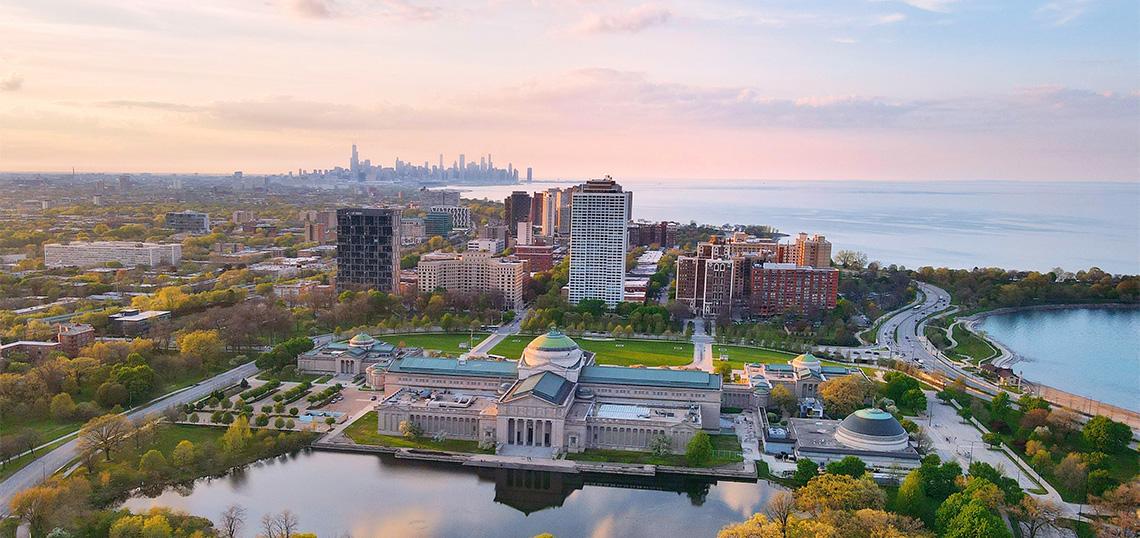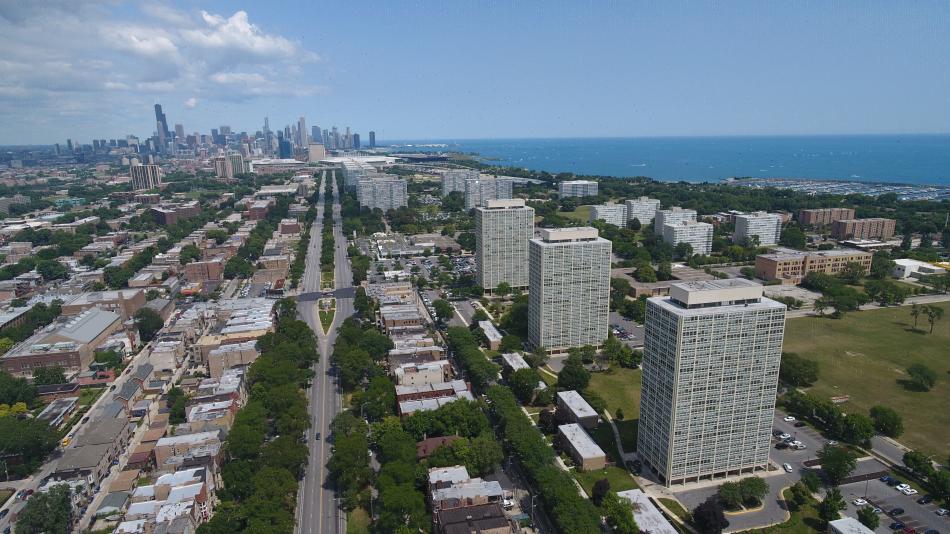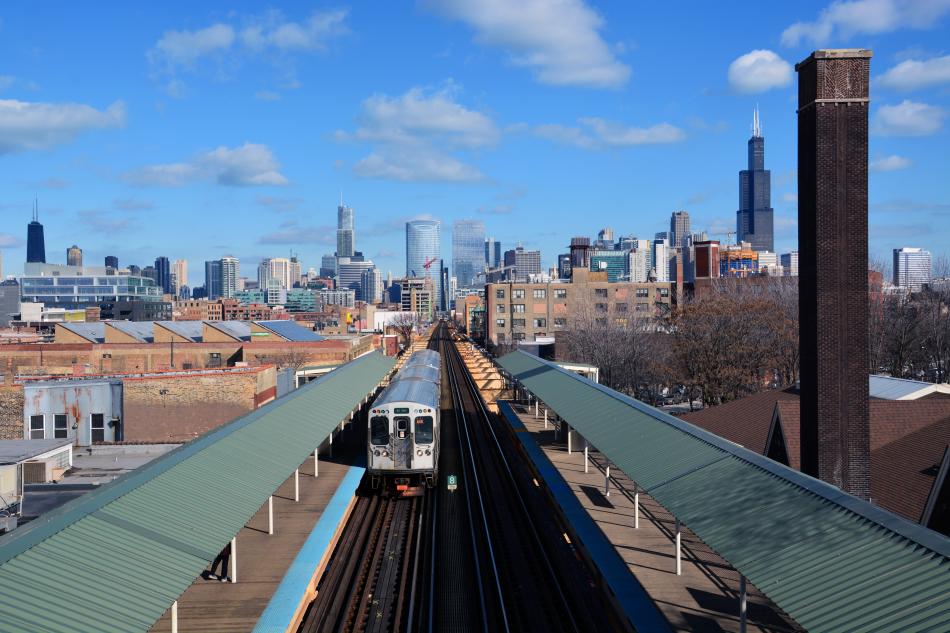Mayor Lori E. Lightfoot has announced the draft “We Will Chicago” plan, Chicago's first-ever citywide plan, drafted by neighborhood residents and community leaders. Now available for public comment and discussion through the fall, the 10-year framework looks to enhance citywide equity and resiliency through approximately 40 goals and 150 objectives to improve the lives of Chicagoans.
Conceived over a period of two years, this publication is a result of research and meetings with over 115 resident volunteers, 25 community-based organizations, and 103 city staff. The plan will now go through a public engagement period to solicit response from residents.
Anticipated to be finalized in early 2023, the framework is part of Chicago’s first formal citywide planning process since the mid-1960s. The framework acknowledges the impact of racist, discriminatory, and predatory policies of previous plans and private-sector practices that continue to exacerbate racial and social inequality today. It also is the first plan to be created with volunteers and community leaders working with city staff together, while offering financial stipends to community organizations for constituent participation.
Under the direction of Mayor Lightfoot, the approximately $4 million “We Will” planning process was initiated by the Chicago Department of Planning and Development (DPD) and the Metropolitan Planning Council in August 2020 with a series of stakeholder workshops and pre-planning sessions. Participants emphasized Chicago’s need for a citywide plan led by residents that were excluded or harmed from previous planning efforts and outcomes.
Subsequent public engagement efforts included a virtual kick-off meeting attended by 800 people and the creation of seven research teams through a citywide open application process with 110 people and 25 organizations. The research teams and Advisory Group convened for more than 100 meetings combined to produce “We Will” draft goals, objectives, and a list of 600+ policy ideas to guide the City’s implementation of the plan in 2023 and beyond.
“We Will” contents are arranged around eight pillars:
- Arts & Culture, which presents strategies to support equitable access and participation in the arts throughout Chicago’s 77 communities.
- Civic & Community Engagement, which addresses opportunities for more robust and effective civic participation, trust-building, and improved service delivery for residents.
- Economic Development, which seeks to foster sustainable generational wealth for Black, Latino, and other households harmed by systemic inequities.
- Environment, Climate & Energy, which advances the city’s climate resiliency efforts and prioritizes strategies for Chicago’s most vulnerable residents.
- Housing & Neighborhoods, which aims to ensure that every Chicago neighborhood is safe, inclusive, and vibrant with access to healthy, affordable, and accessible housing and amenities
- Lifelong Learning, which seeks to facilitate Chicagoans’ access to learning opportunities regardless of age, race, citizenship, and language proficiencies.
- Public Health & Safety, which aims to prioritize public health and wellness for all residents and improve trauma-informed responses to inequities in health and safety.
- Transportation & Infrastructure, which sets goals to create access and connections through safe and reliable physical infrastructure and transportation networks
This summer’s public outreach to solicit feedback on the draft framework includes over 150 “We Will” engagement activities at city festivals and other locations where participants can provide in-person comments, take surveys, and submit ideas. Chicagoans can review the event calendar, download a copy of the plan, utilize the Meeting-in-a-Box toolkit to host your own conversations, and provide feedback at WeWillChicago.com.
Public feedback to the draft framework will be incorporated by planning staff in late 2022, and an updated “We Will” document will be presented to the Chicago Plan Commission in early 2023. Once adopted, multiple implementation measures by the city will include new legislation, policies, executive orders, and other action items. The City would establish an administrative structure to facilitate accountability and transparency between departments and sister agencies to the public, and the budgets and scopes of existing City programs would undergo equity analyses for their alignment with the framework’s goals and objectives.









